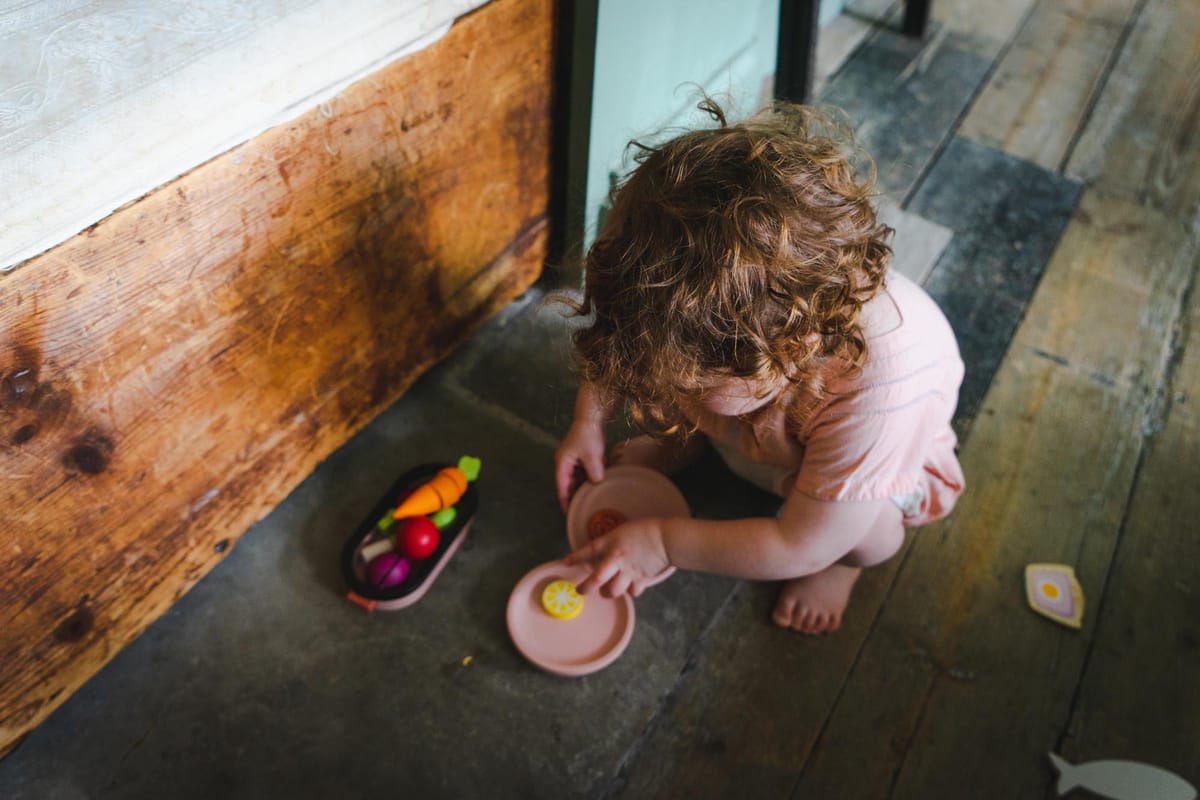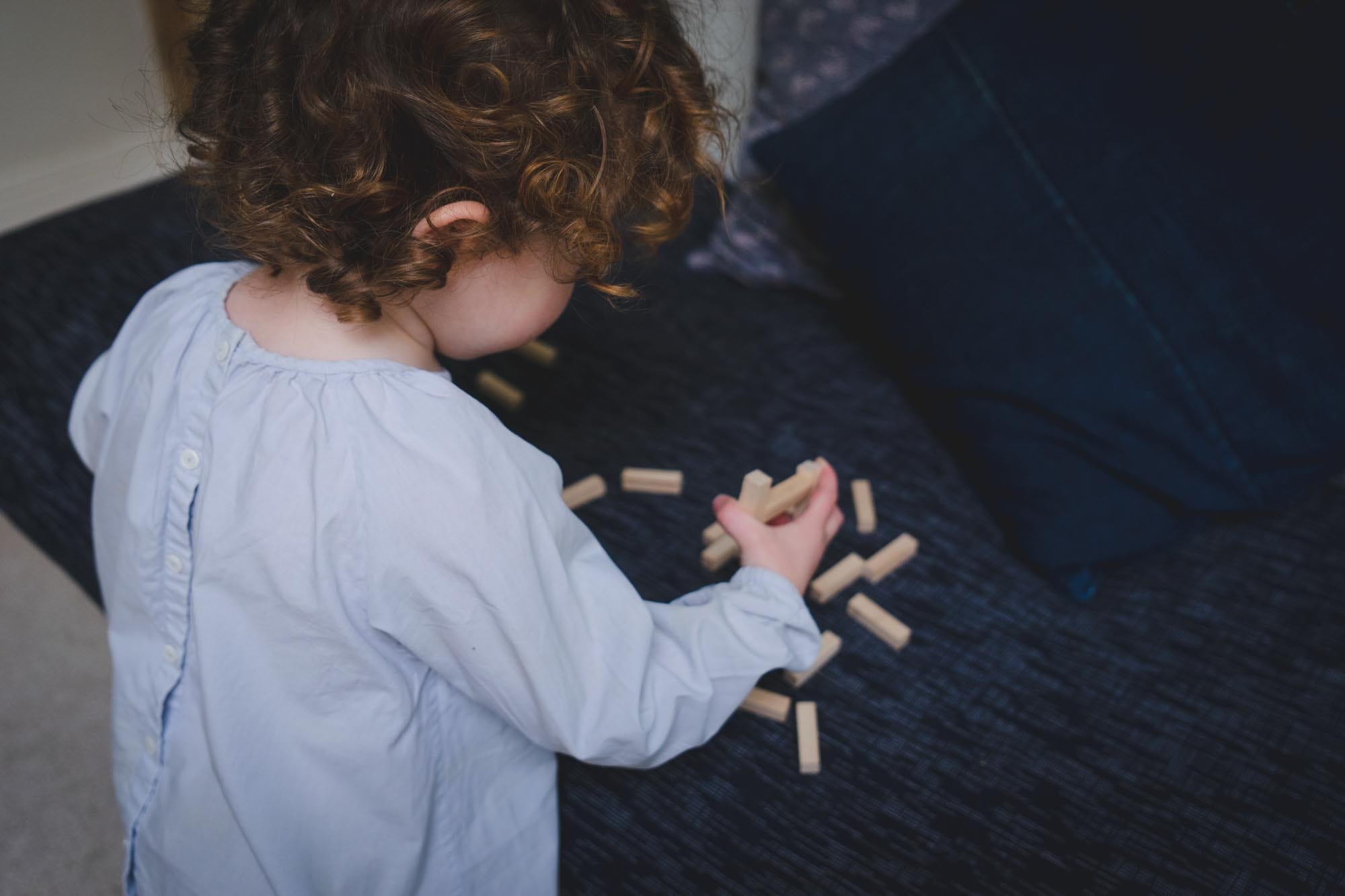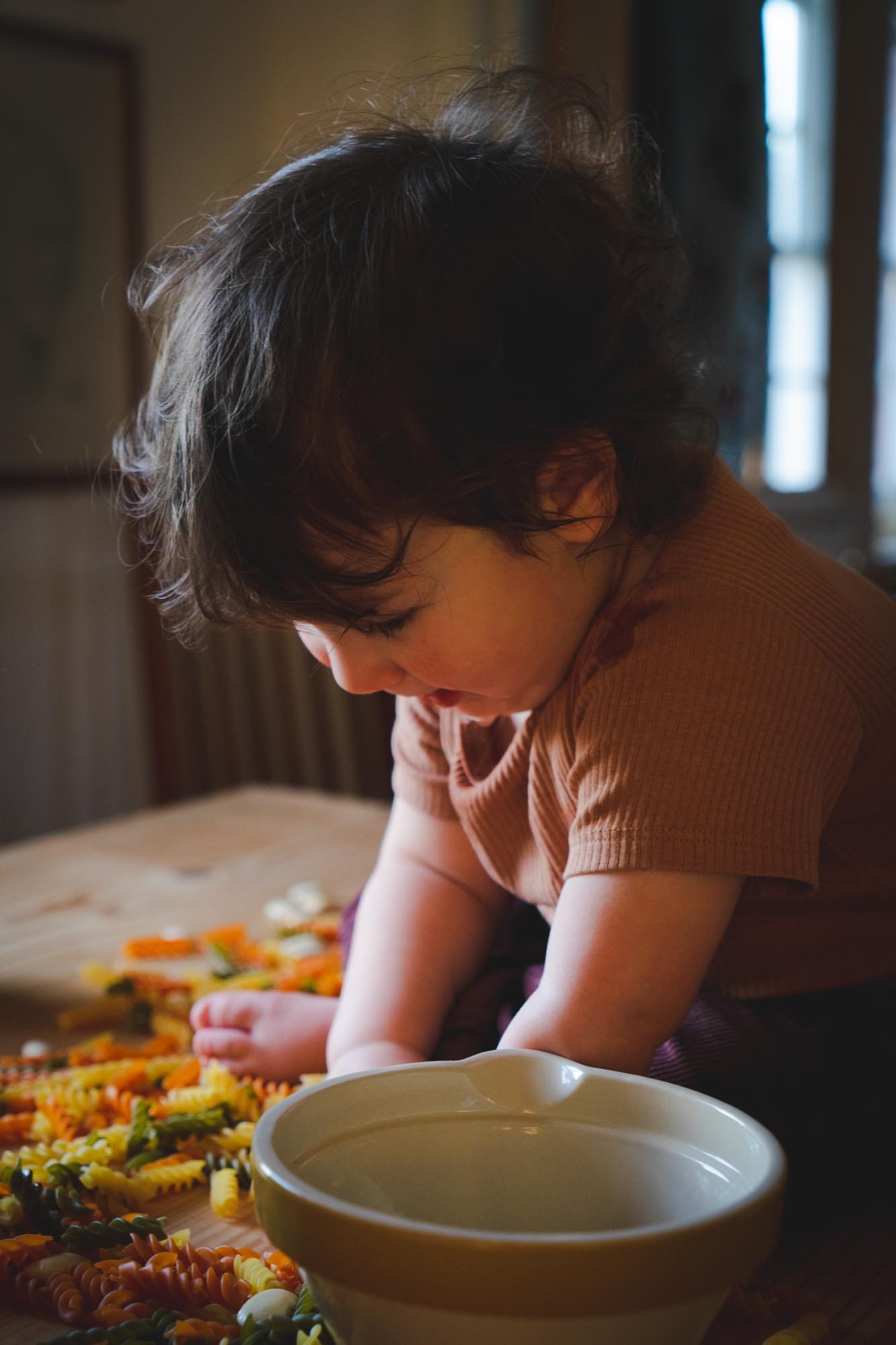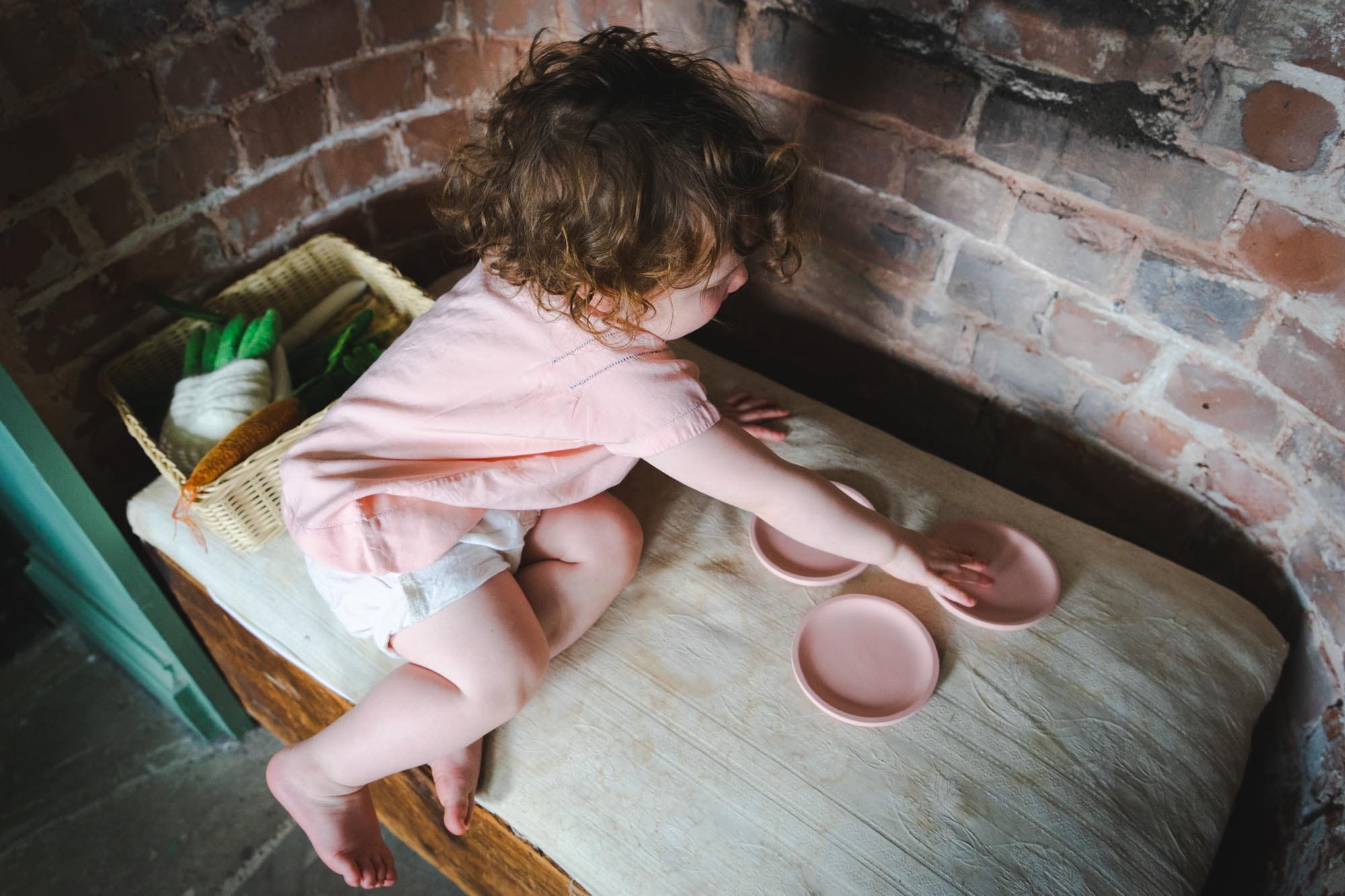Unstructured play: How bored children become brilliant
What could happen if you stepped back today and let play unfold naturally?

Imagine a childhood where every afternoon is an open book.
No structured activities. No one directing the fun. Just endless possibilities - building dens, making up games, inventing stories.
That's unstructured play. And it's not just a nice extra - it's how your child builds the brain she'll need for life.
What is unstructured play?
Unstructured play - sometimes called free play - is any play that:
- Has no set rules or instructions.
- Is child-led, not adult-directed.
- Has no specific outcome or goal (other than fun).
It's the opposite of organised sport, craft kits with step-by-step instructions, or anything where you, the adult, make the rules.
Instead, it's pure exploration. Your child decides what to do, how to do it, and when to change course.

Why does unstructured play matter?
When your child is deeply absorbed in free play, she's not just passing time - she's building her brain's operating system.
Building brain architecture
Every time your child engages in unstructured play, she's constructing the foundations of executive function - her brain's ability to plan, focus, remember instructions, and juggle multiple tasks.
Watch what happens in a simple game of pretend shop:
- She plans how to transform the living room
- She holds many ideas in her mind simultaneously - prices, roles, shop rules
- She adapts her strategy when something doesn't work
- She regulates her emotions when play takes unexpected turns
- She switches between different roles - shopkeeper, customer, delivery driver
This isn't just play - it's her brain building the neural networks she'll need for everything from schoolwork to adult life.

Creativity and problem-solving
With no set instructions, your child has to think for herself.
- If the den keeps collapsing, how does she fix it?
- If the pretend café is out of 'milk', what will she use instead?
- If her story reaches a dead end, how does she reinvent it?
Every problem becomes a chance to experiment, fail, and try again. This is how innovation is born.
Emotional and social mastery
In unstructured play, particularly with others, your child develops crucial life skills:
Reading social cues. She learns to notice when a friend is getting frustrated or when they're ready to change the game. This builds emotional intelligence naturally, through real experience.
Negotiating rules. When children create games together, they have to agree on how things work. "What if we made the den bigger?" "Should we have a password?" These negotiations build diplomatic skills that last a lifetime.
Managing conflicts. When two children want different things, they have to find solutions without adult intervention. Sometimes they succeed, sometimes they fail - but they always learn.
Taking turns being the leader. Sometimes your child directs the play, sometimes she follows. This natural give-and-take builds both confidence and cooperation.
Independence and self-motivation
Unstructured play teaches your child how to entertain herself. She learns to:
- Start her own projects instead of waiting to be entertained
- Follow her own interests instead of sticking to what's expected
- Feel in control of how she spends her time
When play is always structured, children become dependent on external direction. Free play gives them back their autonomy.

Why structured activities aren't enough
Here's the trap we fall into:
We know play is important, so we organise it. We buy educational toys, sign up for after-school clubs, and create elaborate "invitations to play."
Our intentions are good - we want to give our children every advantage. But sometimes the best advantage is space to figure things out for themselves.
When every activity is structured, children stop knowing how to play independently. They expect to be entertained. And crucially, they miss out on the vital brain development that comes from navigating uncertainty and creating their own order from chaos.
How to encourage unstructured play
If your child struggles to play freely, don't worry - it's a skill that can be rebuilt.
Start small
Begin with just 30 minutes of screen-free, structure-free time. No organised activities, no adult direction - just free space to play.
Expect resistance at first. That's normal. Your child's brain needs time to remember how to generate its own entertainment. Give it time.

Create a play-friendly environment
Make sure your child has:
- Space. Indoors, outdoors, or even just a corner of the room
- Open-ended materials. Blocks, fabric, cardboard boxes, craft supplies
- No interruptions. Let her get lost in play without constant check-ins
Step back gradually
If your child is used to constant direction, withdraw your involvement slowly:
- First, sit nearby but don't direct
- Then, stay within earshot but out of sight
- Finally, trust her to play independently for longer periods
If she complains she has nothing to do, hold your ground. Boredom isn't a problem to solve - it's the beginning of creativity.
Allow for mess and experimentation
Unstructured play isn't tidy. It's not predictable. But it's where the best ideas happen.
- Forts will take over the living room
- The garden will turn into a potion-making lab
- The 'art project' might end with marker on her face
That's OK. Mess is part of the process of brain development.
The magic of unstructured play
Your child doesn't need an endless list of activities.
She doesn't need every minute of her day planned out.
She doesn't need you to solve her boredom.
She needs time, space, and permission to play freely.
Because unstructured play isn't a luxury - it's childhood as it's meant to be. It's how your child builds the brain she'll need for an unpredictable future.
What could happen if you stepped back and let play unfold naturally?
Comments ()